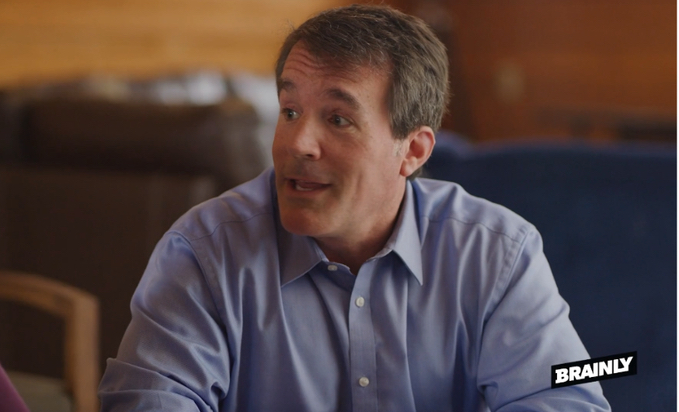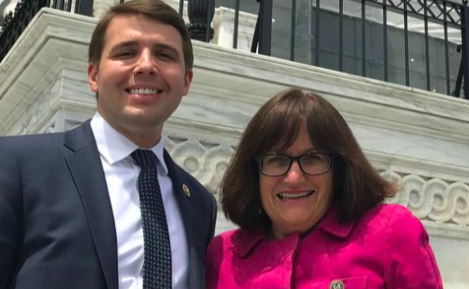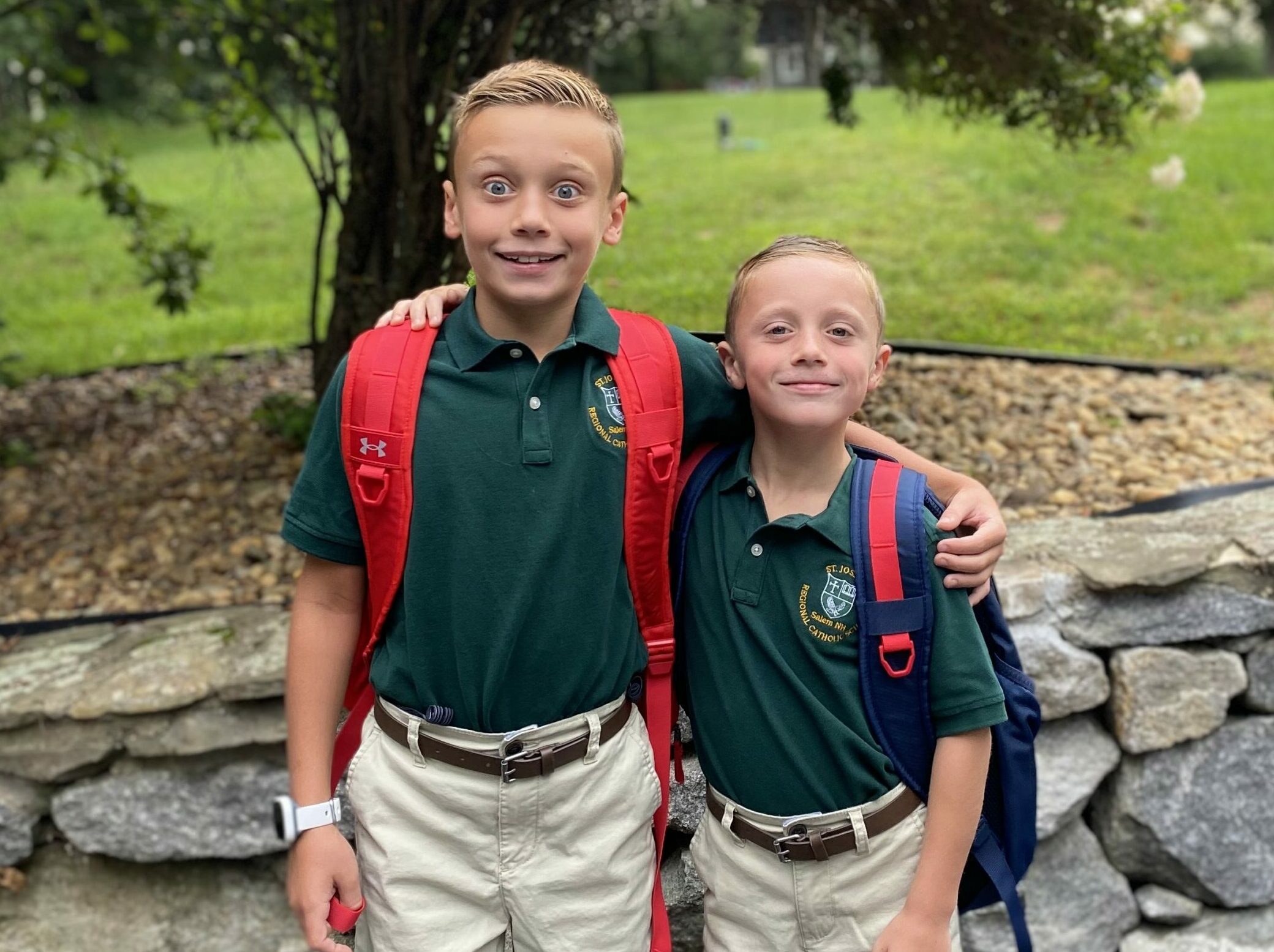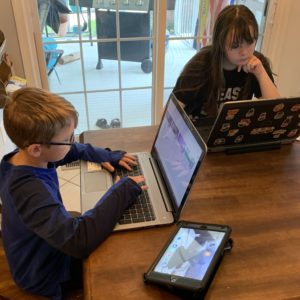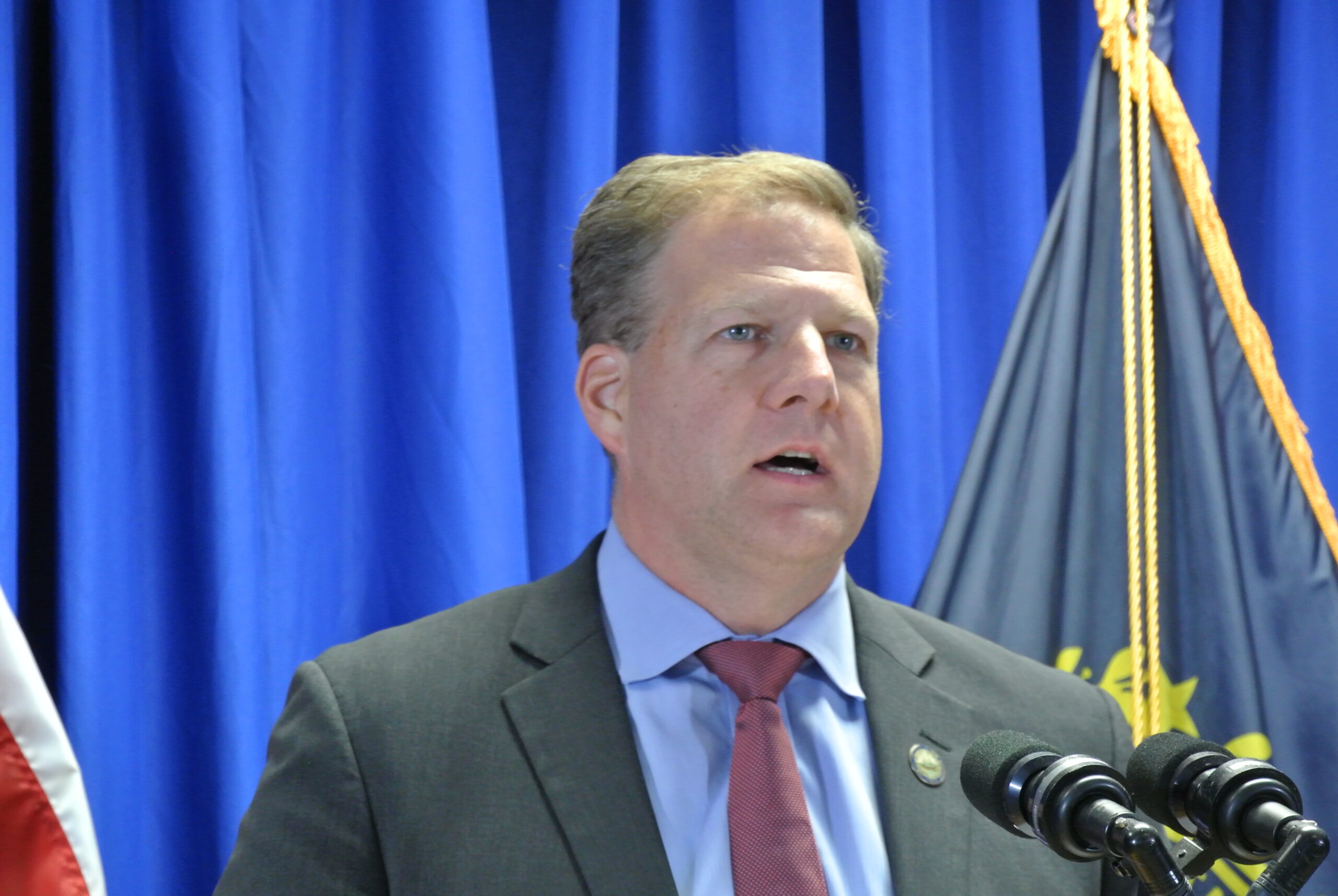AG’s Office Slammed For ‘Gross Negligence’ in Sanborn Case

A Superior Court judge slammed the New Hampshire Attorney General’s Office for prosecutorial misconduct in the Andy Sanborn criminal case, saying its mishandling of privileged communications seized through a warrant amounts to “gross negligence.”
Attorney General Formella’s office, on the other hand, says it’s a “simple mistake.”
“The Court finds that the NHAG exhibited gross negligence at several points throughout its execution of the warrant and subsequent taint review of the seized material that rises to the level of prosecutorial misconduct,” Merrimack Superior Court Judge John Kissinger wrote in an order released Wednesday.
Though Kissinger is not dismissing the charges against Sanborn as defense lawyers asked, the judge is disqualifying Assistant Attorney General David Lovejoy from the case and suppressing any evidence Lovejoy improperly viewed. Kissinger is also booting forensic accountant Don Swanson from the case as he also improperly viewed privileged material.
The documents in question include a confidential memo written by Sanborn’s defense lawyers analyzing the legal issues in the case. Financial documents improperly viewed by prosecutors reportedly lay out core defense strategies, according to Kissinger’s order.
Michael Garrity, spokesman for the New Hampshire Attorney General’s Office, called Wednesday’s ruling a win since Kissinger did not dismiss the charges or order the state to pay attorney’s fees in the matter, as Sanborn’s team wanted. The fault for the prosecutorial misconduct rests with the software vendor the state used to handle documents, according to Garrity’s statement.
“What actually occurred was a simple mistake, which the New Hampshire DOJ deeply regrets. When the New Hampshire DOJ hired a third-party vendor to duplicate a database of seized materials, the contractor inadvertently included privileged documents. As soon as the NH DOJ became aware of the error, our prosecutors raised the issue in court and informed Mr. Sanborn’s lawyers and the Court, including the fact that one of our prosecutors and a forensic accountant inadvertently had contact with privileged documents.
“As a result, that prosecutor and the forensic accountant will no longer be involved in the case. This was not intentional misconduct, but a single, unintentional mistake that was promptly addressed,” Garrity said.
Zachary Hafer, Sanborn’s attorney, declined to comment when reached on Wednesday.
Sanborn is charged with theft by deception for allegedly filing a fraudulent application for state COVID relief money, taking more than $140,000 he was not entitled to for his Concord Casino. Sanborn’s Win Win Win LLC is also charged with theft by deception for the same alleged crime.
According to Kissinger’s order, parts of which are redacted, prosecutors failed from the start to take appropriate steps when they seized documents during the investigation. When investigators obtained a warrant to seize business documents from Sanborn, they did not tell the judge signing the warrant about the potential for attorney-client records being included, Kissinger found.
The exact date the warrant was issued, as well as the location it was executed, is redacted from the public order. Kissinger does state that both Andy Sanborn and his wife, Rep. Laurie Sanborn (R-Bedford) were present when investigators seized the records.
Instead of having a taint team ready when the warrant was executed, the prosecutorial case team, led by Assistant Attorney General Dan Jiminez, did nothing to protect Sanborn’s rights until his lawyers complained, Kissinger found. The investigators even recorded the fact they were taking a desktop computer that displayed documents on the home screen marked “Zach,” or “Zach Hafer,” according to Kissinger.
Attorney-client communications are protected by law and, generally, cannot be disclosed without the permission of the client. The privilege is in place to safeguard the right to a fair trial.
In cases where sensitive material, such as attorney-client communications, are potentially part of evidence in a criminal investigation, a taint team is used. Those teams are a separate group of lawyers called in to review all the material to separate out anything that legally ought not be seen or used by investigators and prosecutors.
The state did not act to protect the privileged documents until Sanborn’s lawyers contacted Jimenez on May 24. All investigators were then told not to view any of the documents, and then the taint team was assembled.
But Kissinger faults Jimenez for setting ground rules for the taint team’s disclosure decisions without consulting either a judge or Sanborn’s attorneys about what should be considered privileged before it was released. The taint team finished its work on July 9 and subsequently made the documents available through Everlaw, a legal document software program.
First, on July 12, David Portal, Senior Infrastructure Technologist for the Attorney General’s Office, went through a document folder in Everlaw marked “clean” and deleted the privileged documents, according to the order.
Sanborn’s lawyers filed their lawsuit over the privileged documents on July 30, under seal. After a review in August, Sanborn’s lawyers told the court there was a large volume of privileged material in the “clean folder.” On Sept. 19, Portal learned that the investigating case team prosecuting Sanborn made a copy of the “clean” folder before he deleted privileged documents on July 12, Kissinger states.
The dispute over the documents may explain why Sanborn has not been charged over allegations he committed federal COVID fraud.
Much of the privileged material prosecutors took deals with Sanborn’s defense against the New Hampshire Lottery Commission. The commission first accused Sanborn of improperly obtaining more than $840,000 in federal COVID funds and spending it on sports cars and paying himself rent. Before Kissinger made an order in the documents lawsuit, Sanborn was arrested for state-level fraud allegations.
Sanborn continues to fight over his now revoked casino license, claiming the state interfered with his efforts to sell his business. Sanborn was ordered to sell last year after an administrative law judge sided with the Lottery Commission. One of his appeals in the revocation fight is headed to the New Hampshire Supreme Court.

